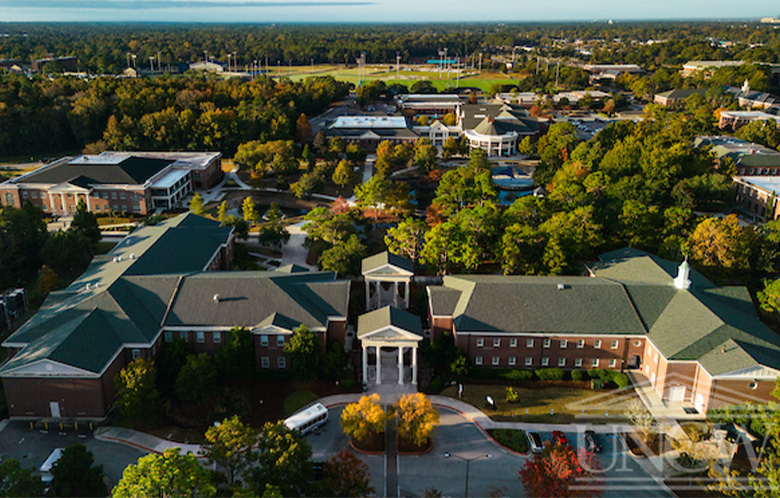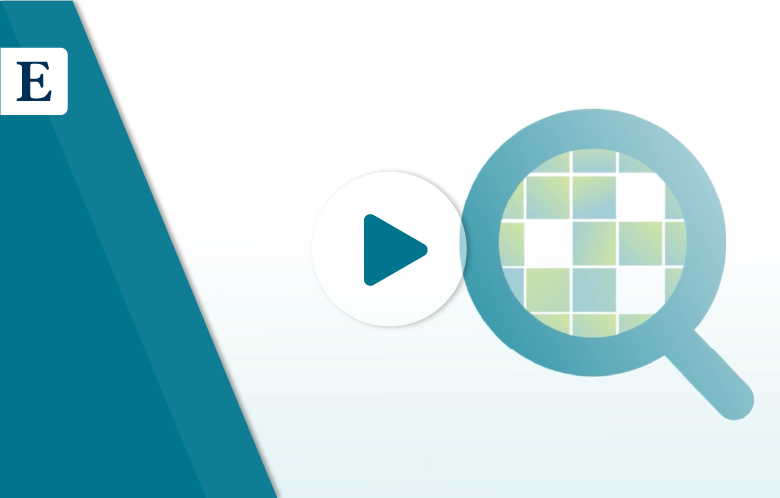Transcript | Download
MLA International Bibliography with Full Text
One of the ways that bibliography has evolved in recent years is the addition of EBSCO’s full text product.
The full text product of the bibliography enables students to click right through to the full text of the article itself, to click through to more than a thousand different sources of full text articles and book chapters.
Having access to the full text version is great because students can search the premier resource, get the citations they need, but also get the full text of the articles that they're looking for.
It’s a century of knowledge, and it's just waiting to be discovered in the bibliography.
The fact that bibliographies have proliferated doesn't mean that all bibliographies are equal. This one is unique in my view, because it has been curated by people who understand the field.
And it's an absolutely organic process, in the same way that they're not doing the same research they did 20 years ago, we’re not presenting access to their research the same way we did 20 years ago.
The bibliography is very attuned to the global study of languages and literatures. The MLA is a body which attracts people from different traditions, different languages, different countries, different periods. It is the gathering point, the common book of the membership.
We have an inclusive language project at the MLA that originates in the scholarly communication department and affects every bit of what we do at the MLA.
It's important, The MLAIB, internationally because it gave us access to what is outside. It’s the material testimony of the community of scholars that we are.
We want to be even more inclusive, and I think we're going to be even more useful for a wider range of research and professional purpose.
The bibliography has captured the history of our disciplines, and we're also mapping the way for our disciplines into the future.
Walls are not what they used to be between disciplines. So interdisciplinary research that you wouldn't have seen before in the bibliography 20, 30 years ago is now important to our researchers. So we have to be out there indexing the work they're doing in all these different areas. If people are publishing about cultures, they're using language to do it and that's ours.


